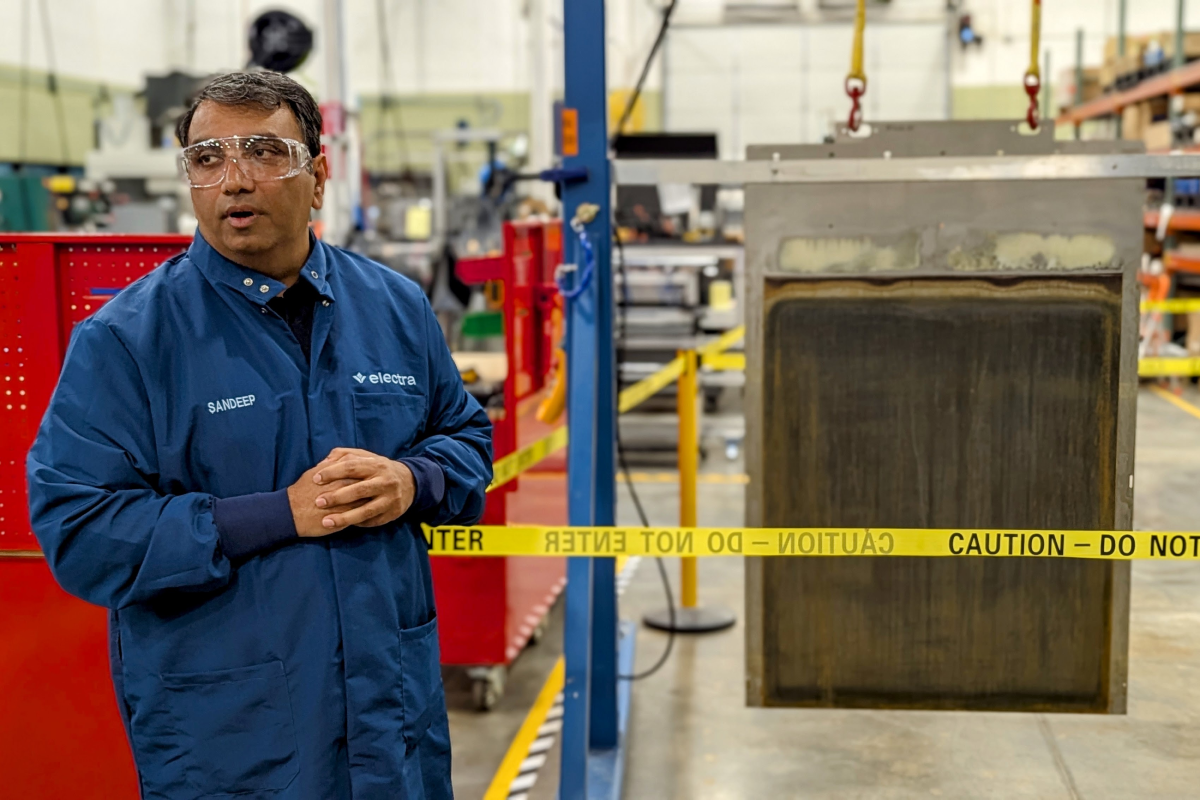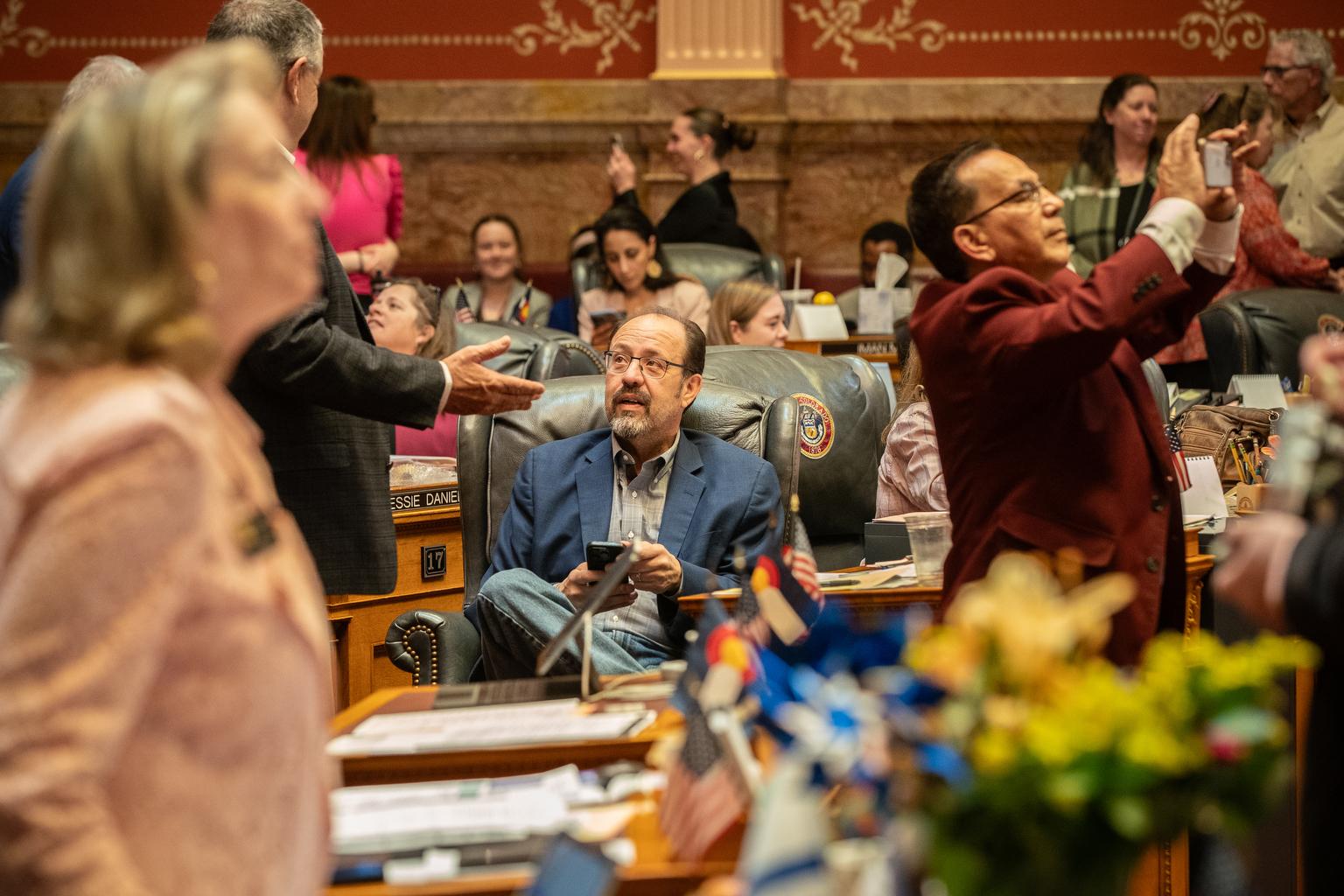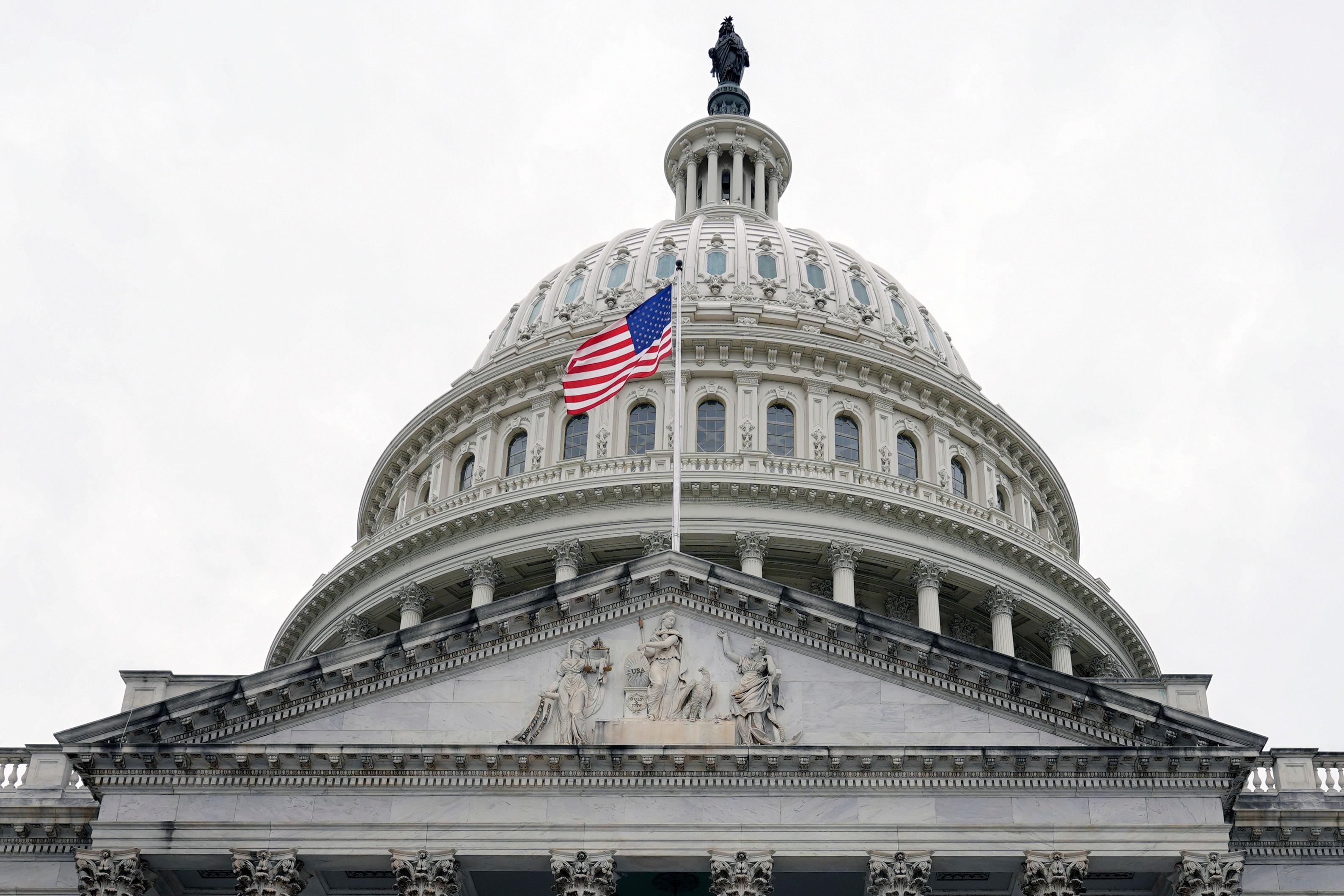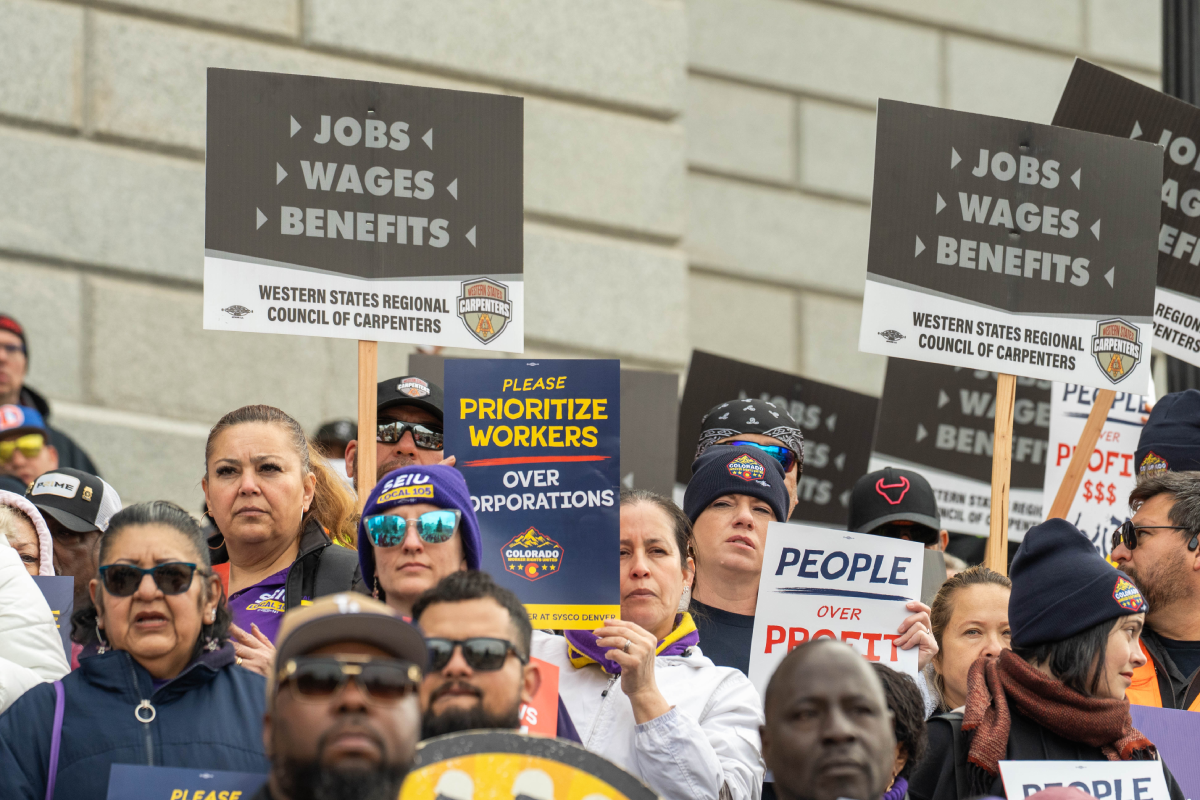
 Karen Oliveto's position as bishop for the Mountain Sky area of the United Methodist Church is in jeopardy after a judicial council ruled that her election violated church law.
Karen Oliveto's position as bishop for the Mountain Sky area of the United Methodist Church is in jeopardy after a judicial council ruled that her election violated church law.
The Mountain Sky area elected Oliveto, who is openly homosexual, as bishop last July. She began working in her Colorado-based position in September. Her election was immediately protested by the church's South Central area, which includes Oklahoma, Nebraska and Kansas. Church tenets state that a "self-avowed practicing homosexual" cannot be consecrated as a bishop.
The case now returns to the Mountain Sky area, where Oliveto may face a trial to determine whether she should be removed from her position. Until then she can continue to work -- her next scheduled sermon is May 14 at the Belong Church in downtown Denver.
"I am in good standing," she told Colorado Matters host Ryan Warner. "I am still Bishop of the Mountain Sky Area. Very excited to be the Bishop of that area, and really committed to the work we've began to do there."
Oliveto and her wife, Robin Ridenour, have been together for 17 years.
What happens next in the church court?
"In all things, we, in the United Methodist Church, try to reach just resolution, and that is where all parties agree on how to put to rest a complaint. That's what we're working towards," she said. "I grow when I'm in relationship with people who don't believe the same thing I believe. That doesn't threaten me, in fact, it encourages my growth. So I have people in the Mountain Sky Area who aren't of one mind regarding the role of LGBTQI people in the life and ministry of the church who actually question my validity as their bishop but I am their bishop. I am committed to supporting their ministry. I am committed to hearing their relationship with Jesus Christ and I want to grow with them."
Read the full transcript:
Ryan Warner: This is Colorado Matters from CPR News. I'm Ryan Warner. A United Methodist Bishop is in violation of Church law, because she is openly gay. That was the ruling late last week from the Judicial Council of the United Methodist Church. That Bishop is Karen Oliveto, who leads the Church's Western Jurisdiction, which includes Colorado. She was elected to that position last fall. The Bishop is on the phone with us. Welcome back to the program. Bishop Karen Oliveto: So good to be back with you Ryan. Thank you. RW: So last Friday, this Judicial Council found, six to three, "It is not lawful to consecrate a self-avowed practicing homosexual Bishop." I want to say though, that you haven't been removed, and according to Church officials, you remain, "Good standing." What's your understanding of Friday's ruling? KO: It was a very long and convoluted ruling. It was 19 pages, single-spaced type. They found a couple of things that were totally valid and legal and that was my nomination, election, and assignment to the Mountain Sky Area. Where they really struggled, was around my consecration. However, I am in good standing. I can face, actually a complaint has already been filed. I am still Bishop of the Mountain Sky Area. Very excited to be the Bishop of that area, and really committed to the work we've began to do there. RW: There is a lot of bureaucracy here, and a lot of levels of supervising, but as you say, a complaint had to be filed to trigger the next step in the process. So who ultimately might decide your fate, and what are the possibilities, the possible outcomes? KO: Right, so the people who will be ... A complaint has been filed. We have a regional body, which is larger than the Mountain Sky Area, it's called the Western Jurisdiction. There is a body called the episcopacy committee that oversees the work of we five bishops in the west and they will be processing a complaint. In all things, we, in the United Methodist Church, try to reach just resolution, and that is where all parties agree on how to put to rest a complaint. That's what we're working towards. RW: What is the complaint in particular? KO: Well it's, that complaint is quite long as well. I'm not at liberty to discuss that. But it is, we are taking it very seriously and moving through that prayerfully, and in a way that we, that I hope that will build up the Church further, rather than divide it. RW: The initial petition against your consecration came from the South Central Jurisdiction of the United Methodist Church. Is that the same jurisdiction filing this complaint? KO: No, no. The complaint came from within the west and that's most unusual. That was part of the issue that the Judicial Council took up. That we don't, one jurisdiction really doesn't have the option of intruding on the election of another bishop. What I think you find in the decision, the ruling about that question of law, is that the Judicial Council, which is our Supreme Court, is as divided as the rest of the United Methodist Church regarding the lull in and Ministry of LGBTQI people in the Church, RW: Let's get to the fundamentals here beyond the process. Could this lead the Church to a schism, do you think? KO: My prayer is that we maintain our unity. I think the question is, how do we live in to difference? Difference of opinion. I think difference is a healthy sign. In fact, it's a part of our United Methodist tradition that we can hold the tension of difference. It's actually a sign of God's creativity. And I think we need to remind ourselves that unity is found in Jesus Christ, who broke down the walls of who's in and who's out, and unites us in love. RW: I want to say that the United Methodist Church is the third largest in the country, with almost 13 million members. The Church didn't allow African Americans as Bishop, I understand, until the 1980s. So do you look to the history of the Church and see that compromise is possible, do you think? KO: Actually, women weren't Bishops until the 1980s but you see throughout our history, there were people who were considered outsiders and people who were considered insiders. African Americans were actually, when the church came together in the '30s, the Northern part of the church and the Southern part of the church would split around the Civil War over slavery in order to compromise and that is not a positive word; in order to compromise racism and accommodate racism. We had a separate jurisdiction just for African Americans. When the United Methodist Church was born in 1968, we did away with that and so there was integration. But then women were later, had full ordination rights. I think there is, we continue to respond to God's movement in the world and how God speaks through people who we've often overlooked or discount and I think that's the moment we're in now. KO: That's always a possibility in the process. However, I am coming back, right now I'm in Dallas at the Council and Bishop's meeting; the meeting with bishops from around the world; I am so looking forward to coming back to the Mountain Sky Area. I have fallen head over heels in love with the clergy and laity, with the vibrant ministries that are going on and with the vision for the future that God has put in our hearts. I'm all in. RW: I want to see that this case has meant your private life has become very public because one question at the trial was not just whether you are gay but whether you are a practicing homosexual. That is, if you have marital relations. How has it been to have something so intimate become so public? KO: Well one, it wasn't a trial, it was a hearing, so I did not have voice in this. I was not on trial. I do think that one thing that very much concerns me in the ruling of the Judicial Council is that they have expanded the ruling of what constitutes self-avowed and practicing. Before, it was a very narrow definition; that someone had to admit to genital contact with a member of the same gender; now they're saying that if you possess a marriage certificate, that represents self-avowed and practicing. This tells a whole group of people that your love is being questioned by the church and as I read the bible, God is love and love is of God and for us to miss love between two people who have committed their life to one another, I think the church then has a blind spot that needs to be removed. RW: Were you able, perhaps, while you were at the hearing or before or after, to talk to people who see this differently from you? And to understand their perspective? KO: No. Again, I value difference. I grow when I'm in relationship with people who don't believe the same thing I believe. That doesn't threaten me, in fact, it encourages my growth. So I have people in the Mountain Sky Area who aren't of one mind regarding the role of LGBTQI people in the life and ministry of the church who actually question my validity as their bishop but I am their bishop. I am committed to supporting their ministry. I am committed to hearing their relationship with Jesus Christ and I want to grow with them. RW: I want to say that your next scheduled sermon, I believe, is May 14th at the Belong Church in Downtown Denver; do you think that this will come up when you address those gathered? KO: Here's the beautiful thing. I'm going to be doing a baptism for the pastor and his family, their newest baby. I look at that child, who knows who that child will grow to be but my commitment is that child always knows he is a beloved child of God. God loves him with a love that will never let him go and that's the message I will be preaching and that's the one I want everybody to know. All you listeners, especially LGBTQI people, who might be questioning because they've heard from pulpits that they are outside the household of faith. Actually, God's love envelops them, God made them who they are and God will never let them go. RW: Karen Oliveto, Bishop for the Mountain Sky Area of the United Methodist Church. Thanks for being with us. KO: Thank you so much for having me. RW: This is Colorado Matters from CPR News. |
Previously:








